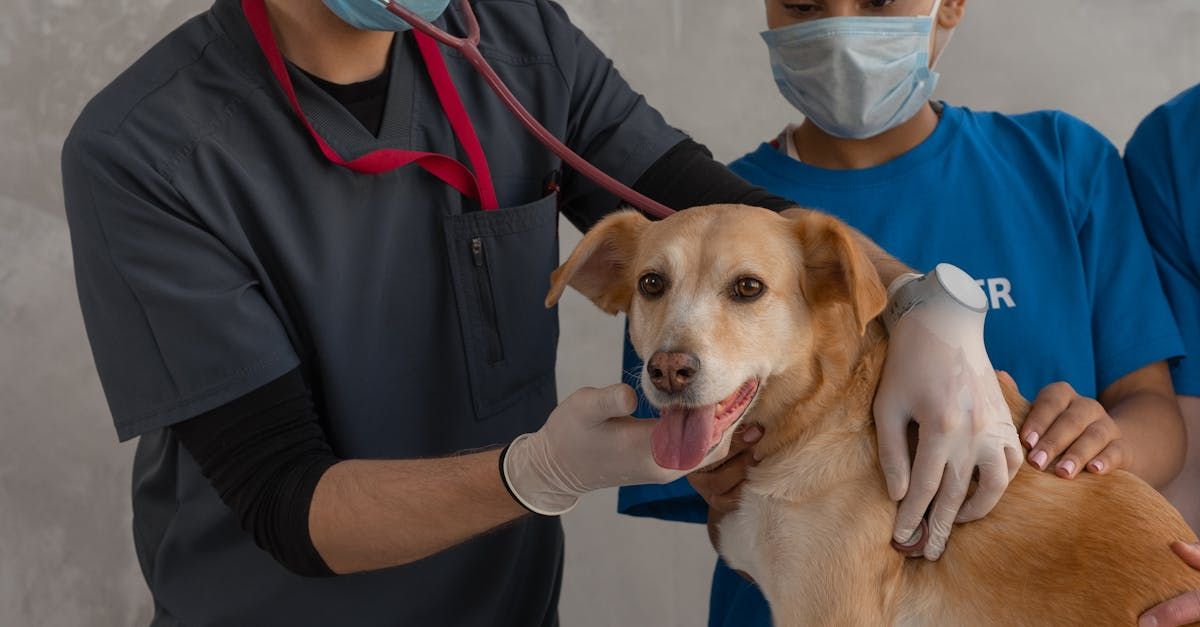The Importance of Pet Vaccinations
August is National Immunization Month

As August marks National Immunization Month, it's the perfect time to focus on the importance of pet vaccinations. Vaccinations are a critical component of preventive healthcare for our furry friends, ensuring they stay healthy and protected against various diseases.
Why Vaccinate?
- Prevent Disease: Vaccinations protect pets from many serious and potentially deadly diseases, including rabies, distemper, parvovirus, and feline leukemia.
- Community Health: Vaccinating pets helps prevent the spread of contagious diseases to other animals and even humans. This is especially important in community settings like parks, boarding facilities, and pet daycares.
- Legal Requirements: Many areas require certain vaccinations for pets, such as rabies, by law. Staying up-to-date with vaccinations ensures compliance with local regulations.
- Cost-Effective: Preventive care through vaccinations is far more cost-effective than treating a disease. It can save pet owners significant money and emotional stress in the long run.
- Longevity and Quality of Life: Vaccinated pets are less likely to suffer from illnesses that can shorten their lifespan. Regular vaccinations contribute to a longer, healthier life for your pet.
Core Vaccinations
For dogs, core vaccines typically include:
- Rabies
- Distemper
- Parvovirus
- Adenovirus
For cats, core vaccines often include:
- Rabies
- Feline Distemper (Panleukopenia)
- Feline Herpesvirus
- Calicivirus
Non-Core Vaccinations
Depending on your pet's lifestyle and risk factors, your veterinarian may recommend additional vaccines. These might include:
- Bordetella (Kennel Cough)
- Lyme Disease
- Leptospirosis
- Feline Leukemia Virus (FeLV)
Puppy and Kitten Vaccination Schedule
Starting vaccinations early in life is crucial. Puppies and kittens typically begin their vaccination series at around 6-8 weeks of age and continue with booster shots every few weeks until they are about 16 weeks old. This schedule helps build and maintain immunity during their early, vulnerable months.
Adult Pets
Adult pets require regular booster vaccinations to maintain immunity. Your veterinarian will guide you on the appropriate schedule based on your pet’s age, health status, and lifestyle.
Conclusion
Vaccinations are a simple yet powerful way to protect your pet from a range of serious diseases. This National Immunization Month, make sure your pet is up-to-date on their vaccinations. Schedule a check-up with your veterinarian today to discuss your pet’s vaccination needs and keep them healthy and happy for years to come.
For more information on pet vaccinations, visit our blog and check out the link in our bio!

